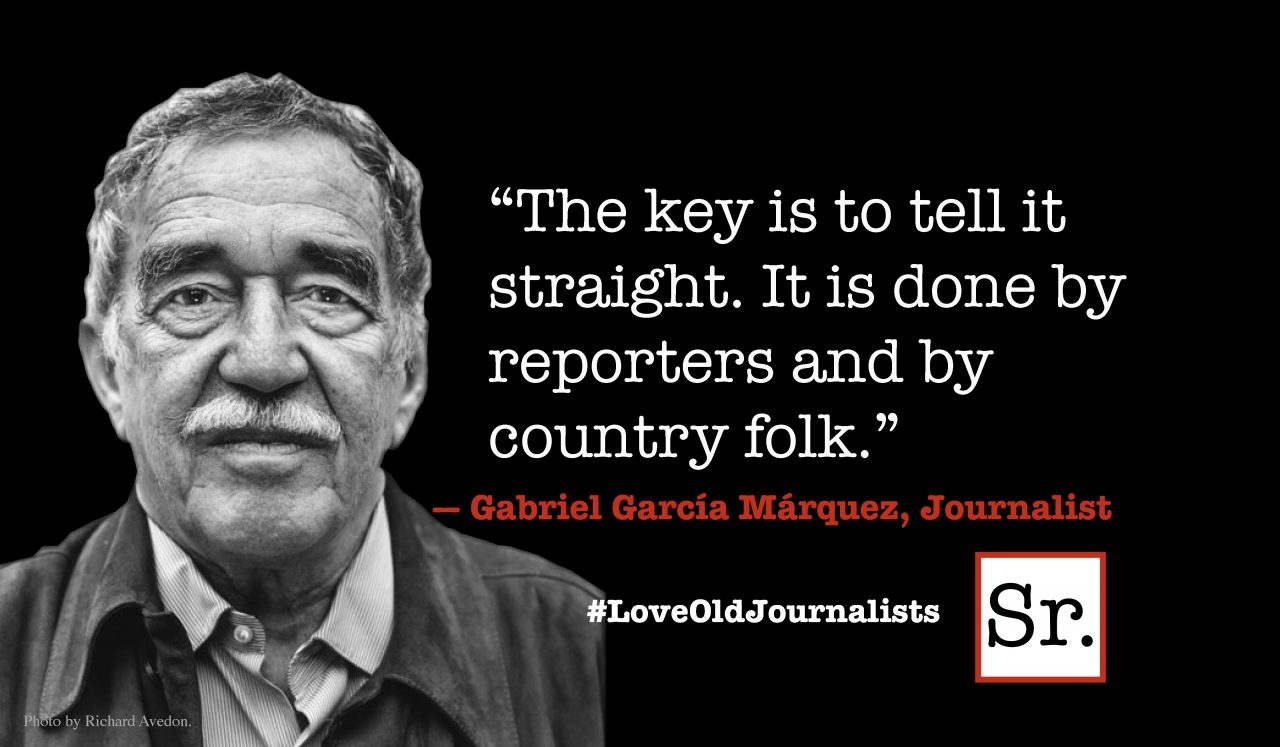The conflict between national security and personal freedom is as old as the Constitution.
In the struggle to guarantee personal freedom, the Fourth Amendment became part of the Bill of Rights. It reads: "The right of the people to be secure in their persons, houses, papers, and effects, against unreasonable searches and seizures, shall not be violated, and no warrants shall issue, but upon probable cause, supported by oath or affirmation, and particularly describing the place to be searched, and the persons or things to be seized."
The Amendment was adopted in response to the abuse of “the writ of assistance,” a type of general search warrant issued by the English crown, and a major source of tension in pre-Revolutionary America. This writ gave the king a right to probe into every activity of the people. No search warrant was needed.
Recently the Fourth Amendment has been virtually ignored to the point where we may no longer have a right to private mail, telephone calls or electronic messages. The reason for these compromises is they are said to be necessary for national security, thus the conflict.
The issue is not new. For decades the government had conducted warrantless wiretaps, but in 1978 the Supreme Court ruled them unconstitutional on Fourth Amendment grounds. Almost immediately Congress passed the “Foreign Intelligence Security Act“ authorizing a secret court, which effectively sidestepped the ruling. The power of this hidden-from-the-public FISA court is more invasive today than ever.
This evasion of the Fourth Amendment was broadened in 2001 by the passage of the ”USA Patriot Act.” Section 215 of that Act authorizes the government to obtain "any tangible thing" relevant to a terrorism investigation, even if there is no showing that the "thing" pertains to suspected terrorists or terrorist activities. Section 206 of the Patriot Act, also known as "the roving John Doe wiretap" provision, permits the government to obtain intelligence surveillance orders that identify neither the person nor the facility to be tapped.
Other parts of the Act relate to the issuance and use of national security ”NSA permits,” by which the government is able to obtain the communication, financial and credit records of anyone deemed related to a possible terrorism threat.
According to Britain’s The Guardian, top secret documents passed by Edward Snowden show the National Security Agency has a “secret backdoor” into its databases that allows its agents to search U.S. citizens’ email and phone calls without a warrant or other oversight.
The previously undisclosed capability lets NSA operatives hunt for individual Americans’ communications using their name or other identifying information.
The authority was approved in 2011, and it contradicts repeated assurances from President Obama and senior intelligence officials to both Congress and the American public that individual privacy is protected from the NSA’s dragnet surveillance program.
Under these provisions our government is now free to collect any and all information and communications from any of us with no warrant and no judicial review.
Edward Snowden has brought to the surface this governmental invasion of the freedom guaranteed by the Fourth Amendment. Had it not been for Snowden’s disclosures there probably would be no investigation of the loss of freedom which the fourth amendment guaranteed. The question remains, have his revelations jeopardized the nation’s security? Is he a whistle blower or a security threat? Here the conflict between the two concerns is encapsulated.
As of two weeks ago the President noted the uneasiness in the American people about the loss of personal freedom. What steps he or the Congress will take are not yet clear. But certainly the pendulum having swung far over to the security side of the debate, Congress and the President must now provide remedies again guaranteeing the people’s privacy rights. In the meantime, although Snowden is now a fugitive from our justice system, he must be credited for peeling the lid off this can of worms.
This is no simple matter. The relationship between the two concerns must generate a search for the balance. Obviously both personal freedom and national security are of enormous importance. The temptation will be to continue to erode the liberties of the fourth amendment in the name of security.








